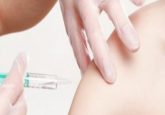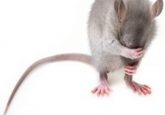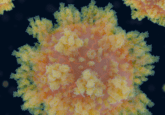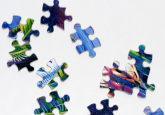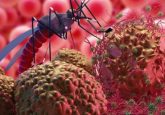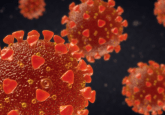Smile! It’s flu shot season
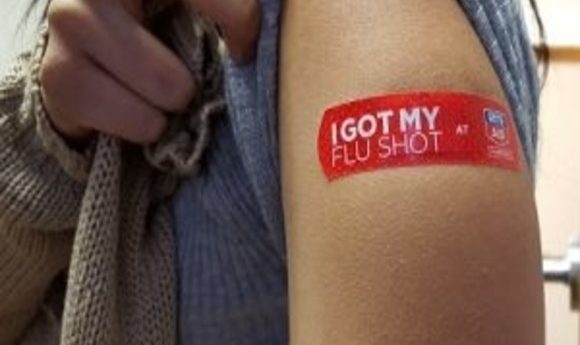
There are lots of recommendations for how to get well after being sick, but what about avoiding illness? This season, research shows that a simple dose of happiness may boost the effectiveness of your flu shot.
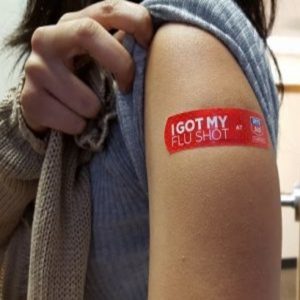
This year, try a being in a positive mood when you get your flu shot!
The effectiveness of vaccination depends on how well an individual’s immune system works, but a new study in Brain, Behavior, and Immunity recently showed that a positive mood on the day of flu vaccination also improved vaccine effectiveness.
“We’ve known since 1996 onwards that a range of different behavioral and psychological factors appear to be associated with how well vaccinations work,” said Kavita Vedhara from the University of Nottingham, senior author of the study.
Vedhara’s group hoped to identify a way to improve flu vaccine response in a population of healthy, older individuals since the flu vaccine is only effective in about 17%–53% of older adults, compared to 70%–90% of younger adults. The researchers studied the influence of diet, physical activity, sleep, and mood in 138 individuals ages 65–85 for 2 weeks prior to and 4 weeks after their flu shot.
Unfortunately, Vedhara and her group discovered that the 2014/2015 flu vaccine given during the study was identical to the 2013/2014 vaccine given the prior year. Thus, many of the participants already had clinical levels of protection to the vaccine’s viral strains. So, the researchers focused on the least immunogenic of the three viral strains included, the H1N1 strain, for which only 10% of people in the study had protective antibody levels.
To determine how well the vaccine worked, they measured the amount of anti-H1N1 antibody in the blood at 4 and 16 weeks post-vaccination. The team found that mood significantly predicted flu vaccine response, while all other factors that they tested showed no influence. Specifically, a positive mood on the day of vaccination associated with increased antibody levels.
“We were surprised,” said Vedhara. “If you’d have asked me when we were designing this study what I was expecting, I was expecting a combination of factors to affect flu response. I thought it might be a combination of physical activity, and maybe mood, and maybe sleep, or something similar.”
“The findings are pretty consistent with findings that we’ve published previously,” said Anna Marsland from the University of Pittsburgh, who was not involved with the study, but who previously showed that a positive disposition improves Hepatitis B vaccination response. “What I thought was interesting about this finding that we didn’t do is that they measured mood on the day of the vaccination; that kind of tells us a little bit more than our previous findings.”
Marsland expected to see more of an effect from sleep because her group previously found an association between sleep and vaccine response. In that study, Marsland’s group measured sleep using watch ectographs, whereas Vedhara’s group measured sleep using self-reporting, which can be inaccurate. Self-reported sleep, “relates more to how people felt in the morning rather than how they actually slept,” said Marsland, who wasn’t ready to rule out the positive contribution of behavioral factors such as sleep on vaccine response just yet.
“If this is a real effect, we expect it to be generalizable to lots of different vaccinations,” said Vedhara. Her team is now working on ways to briefly improve mood in older people by using combinations of comedy sitcom, positive music, positive imagery, standup comedy, and even funny answers to exam questions. If they can improve mood briefly ,then they can investigate if it improves immune response. “And if it does, then we can start thinking of rolling out something in the not too distant future that would optimize vaccinations,” said Vedhara.
